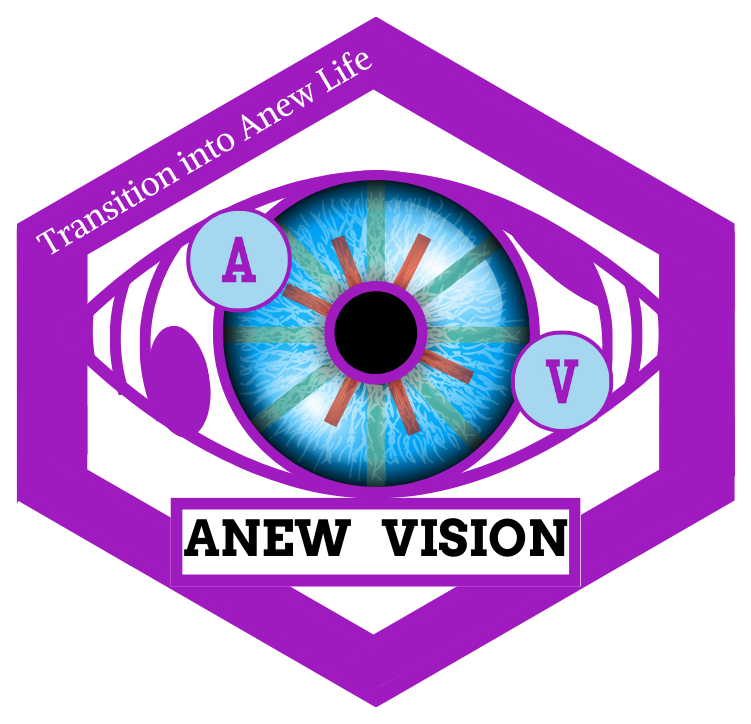Integrating Mental Health Counseling in Addiction Recovery
Integrating Mental Health Counseling into Addiction Recovery
Addiction is rarely just about substance use—it often involves deeper emotional struggles, mental health conditions, and unresolved trauma. That’s why integrating mental health counseling in addiction recovery is no longer optional; it’s essential. A growing number of people entering recovery also face co-occurring mental health conditions like depression, anxiety, PTSD, or bipolar disorder. Without addressing these underlying issues, recovery becomes significantly harder to sustain.
In Fort Worth and beyond, individual counseling services are increasingly focused on blending evidence-based addiction treatment with mental health support. This combined approach helps individuals achieve not just sobriety, but long-term emotional well-being and stability.
This article explores how mental health counseling enhances addiction recovery, the role of dual diagnosis treatment, and the importance of therapy services, emotional support, and community resources such as Fort Worth counseling centers.
Why Mental Health Counseling Is Critical in Addiction Recovery
Substance use often develops as a way of coping with overwhelming emotions, past trauma, or untreated psychiatric conditions. Without treating the root causes, individuals may find themselves trapped in cycles of relapse. Counseling bridges this gap by:
- Identifying Triggers – Counselors help uncover emotional, social, or environmental triggers that contribute to substance use.
- Developing Coping Skills – Therapy provides practical tools to handle stress, cravings, and negative thought patterns.
- Encouraging Self-Awareness – Mental health counseling fosters an understanding of personal challenges and strengths.
- Building Emotional Resilience – By processing past trauma and unresolved pain, clients develop healthier coping mechanisms.
When recovery programs include strong mental health components, individuals are more likely to maintain sobriety, rebuild relationships, and pursue fulfilling lives.
The Importance of Dual Diagnosis Treatment
A large percentage of people in recovery experience both addiction and a mental health condition—a situation referred to as a dual diagnosis. For example, someone may struggle with alcoholism while also dealing with major depression. Treating one without addressing the other often leads to relapse.
Dual diagnosis treatment integrates substance use rehabilitation with mental health care. It typically includes:
- Comprehensive psychiatric evaluations.
- Personalized therapy services for both conditions.
- Medication management where appropriate.
- Emotional support tailored to each person’s challenges.
This holistic approach ensures that both addiction and mental health concerns are addressed together, giving clients the best chance at long-term recovery.
Therapy Services That Make a Difference
Different types of therapy services can be incorporated into addiction recovery, depending on an individual’s needs:
- Cognitive Behavioral Therapy (CBT): Helps change destructive thought patterns linked to substance use.
- Dialectical Behavior Therapy (DBT): Focuses on emotional regulation and distress tolerance.
- Individual Counseling: Offers private one-on-one sessions where clients can safely explore personal struggles.
- Family Therapy: Involves loved ones in the healing process to strengthen communication and rebuild trust.
- Group Counseling: Provides a supportive environment where individuals learn from others on similar journeys.
Access to therapy services in recovery allows individuals to not only overcome addiction but also thrive emotionally and mentally.
Emotional Support in Recovery
Recovery is not just about removing harmful substances from one’s life—it’s about replacing unhealthy habits with healthier relationships and coping strategies. Emotional support plays a critical role here.
Whether through family involvement, trusted friends, or professional counselors, emotional support provides:
- A sense of belonging during difficult times.
- Accountability to help prevent relapse.
- Encouragement to celebrate progress, no matter how small.
Many Forts Worth counseling centers emphasize emotional support as a cornerstone of recovery. These centers often provide ongoing therapy, peer programs, and wellness resources that extend well beyond initial treatment.
Community Resources in Fort Worth
For residents in the Fort Worth area, there are a variety of community resources that complement mental health counseling and recovery programs. These include:
- Fort Worth Transitional Center – Offers structured environments where individuals can continue building life skills while maintaining sobriety.
- Individual Counselling Fort Worth – Provides one-on-one sessions tailored to specific needs, from anxiety to trauma recovery.
- Outpatient Program Fort Worth – A flexible treatment option for those who need structured care but also want to continue daily responsibilities.
- Support Groups Fort Worth – Peer-based programs that foster accountability, shared experiences, and long-term encouragement.
By connecting with these resources, individuals gain access to a strong support network that makes the recovery journey more sustainable.
How Counseling Centers in Fort Worth Support Recovery
Local counseling centers play an essential role in blending addiction treatment with mental health care. They often provide:
- Licensed therapists specializing in co-occurring disorders.
- Access to dual diagnosis treatment plans.
- Group and family therapy services.
- Community integration through support groups Fort Worth offers.
By combining clinical expertise with compassionate care, Fort Worth counseling centers give individuals the tools they need for both immediate recovery and long-term mental health.
Breaking the Stigma
Unfortunately, stigma still surrounds both addiction and mental illness. Many people feel shame about seeking help, which can delay treatment and worsen outcomes. Promoting open conversations about mental health counseling in addiction recovery is vital.
Counselors, treatment centers, and support organizations are working hard to reduce this stigma by highlighting recovery success stories and encouraging people to view treatment as an act of strength rather than weakness.
Building a Sustainable Recovery Plan
A comprehensive recovery plan should include:
- Therapy services tailored to the individual.
- Consistent emotional support from loved ones and professionals.
- Participation in community resources such as outpatient programs and support groups.
- Regular check-ins with counseling centers to monitor progress.
Integrating mental health counseling ensures that recovery is not just about abstaining from substances—it’s about building a stable, fulfilling life.
Conclusion
Recovery from addiction is a lifelong journey that requires more than detox and short-term rehabilitation. By integrating mental health counseling in addiction recovery, individuals gain the tools to address the underlying emotional and psychological challenges that fuel substance use.
Through dual diagnosis treatment, therapy services, emotional support, and the guidance of Fort Worth counseling centers, people in recovery can build resilience and embrace healthier, more meaningful lives.
FAQs About Mental Health Counseling in Addiction Recovery
1. Why is mental health counseling important in addiction recovery?
Mental health counseling addresses the underlying emotional and psychological issues that often contribute to substance use. By managing conditions like anxiety, depression, or trauma, counseling helps reduce the risk of relapse and promotes long-term recovery.
2. What is dual diagnosis treatment?
Dual diagnosis treatment is an integrated approach that addresses both a substance use disorder and a co-occurring mental health condition at the same time. This ensures individuals receive comprehensive care for both challenges, leading to better recovery outcomes.
3. How do therapy services support people in recovery?
Therapy services such as individual counseling, family therapy, and group sessions help individuals develop coping skills, process emotions, and rebuild healthier relationships, all of which are crucial for sustainable recovery.
4. What role do Fort Worth counseling centers play in addiction recovery?
Fort Worth counseling centers provide therapy services, emotional support, and dual diagnosis programs tailored to each client’s needs. They also connect individuals with local resources such as outpatient programs and support groups for ongoing care.
5. Can emotional support really make a difference in recovery?
Yes, emotional support from counselors, family, friends, and peer groups significantly improves recovery success. It helps individuals feel understood, less isolated, and more motivated to stay on the path of healing.









